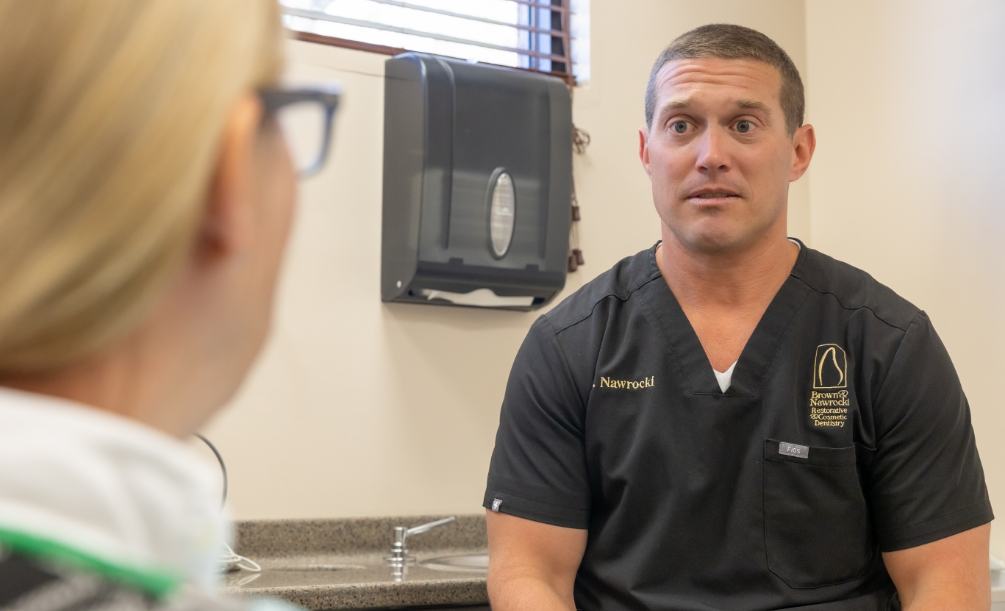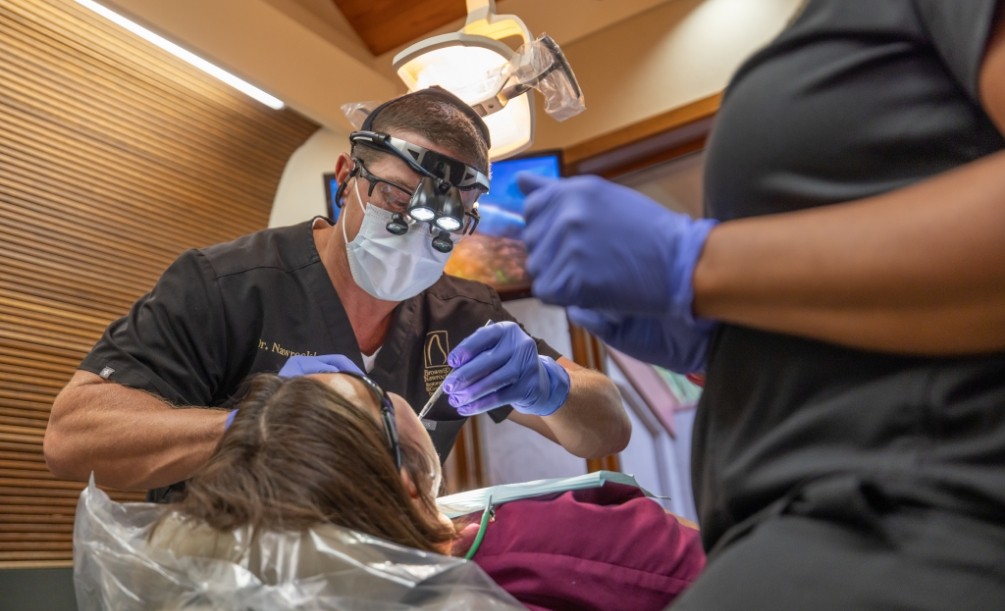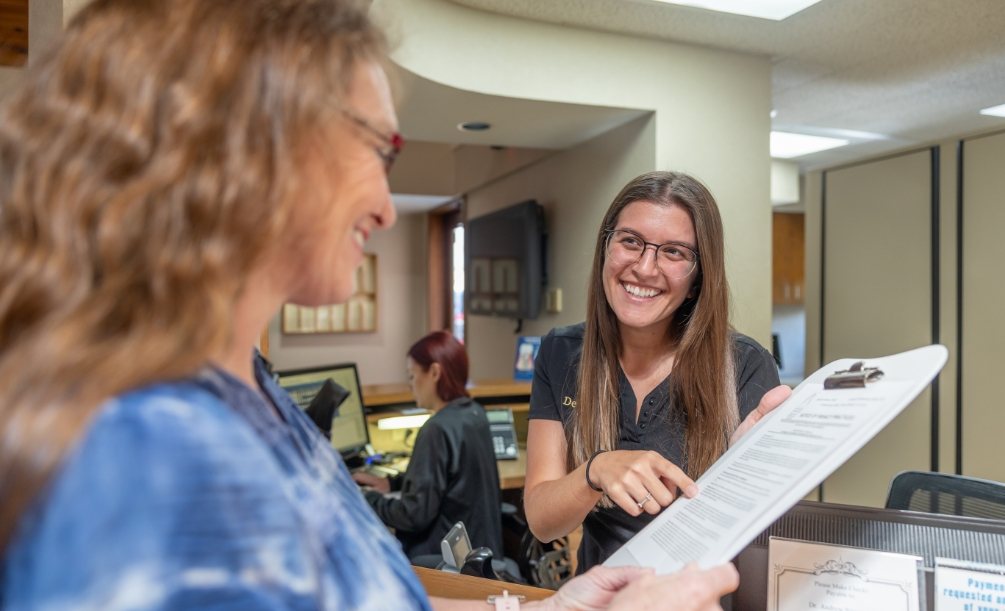Reasons Why Tooth Extractions Are Necessary
-
Problems with Wisdom Teeth
-
Severe Dental Damage
-
Long-Term Decay
Learn More
Types of Tooth Extractions
-
Simple Extractions
-
Surgical Extractions
-
Single Tooth Extractions
-
Multiple Teeth Extractions
Learn More
The Process of Removing a Tooth
-
Forceps Are Used to Grasp the Tooth
-
Gently Remove Tooth from Gum Tissue
-
Incision in the Gums May Be Needed
-
Learn More By Scheduling a Consultation
Learn More
Tooth Extraction Aftercare
-
Take Painkillers as Prescribed
-
Use Ice Pack
-
Limit Regular Activities for 24 Hours
-
Avoid Rinsing & Spitting
-
Do Not Smoke
Learn More
Understanding the Cost of Tooth Extractions
-
Number & Location of Teeth Affect Cost
-
Insurance Often Provides Partial Coverage
-
Convenient Financing Available
-
Save $100 with New Patient Special
Learn More
Tooth Extraction FAQs
Why Do I Need My Wisdom Teeth Removed?
Some individuals experience no issues when their third molars (wisdom teeth) erupt. However, in a majority of cases, it is necessary to remove these teeth because there’s simply not enough room in the mouth.
These teeth were once an important part of the oral cavity, allowing early humans to gnaw on dense foods, but as time progressed and the jawline of humans became narrower, these teeth no longer served a valuable purpose. Nowadays, these third molars often become impacted and begin to push against healthy teeth, attempting to shift them out of alignment. It is also possible for these teeth to partially erupt, which will make it much more difficult to avoid tooth decay and gum disease. As a result, we will recommend wisdom tooth removal to prevent future dental problems.
What Is a “Dry Socket” and How Do I Know If I Have One?
A dry socket is when a blood clot breaks down in the extraction site. Whether caused by smoking, poor oral hygiene, or overuse during post-operative recovery, a dry socket can form and leave you susceptible to increased pain, a bad taste in your mouth, and foul breath. If one does occur, it will typically appear 3-5 days after surgery but are treatable.
Your dentist will need to wash out the extraction site and insert a medicated dressing, which will need to be replaced every 2-3 days by a professional. The average time for a dry socket to heal is 1-2 weeks, so if you believe you are experiencing symptoms, don’t wait to call our office.
What Can I Eat After Having a Tooth Extracted?
It is recommended that you eat soft, cool foods on the day of your surgery (i.e., cottage cheese, yogurt, applesauce). In the days following, you can begin to incorporate other foods but continue to stay away from anything crunchy or too hard, as these can break into small pieces and burrow into the extraction site(s).
Is it Normal for One of the Stitches to Come Out the Same Day as Surgery?
Yes, it is completely normal for one of your stitches to come out the same day as your surgery. In most cases, these are temporary placeholders that assist in controlling the bleeding and encouraging a clot to form. There’s no reason to panic if this happens, but if you received some form of bone graft, it may be necessary to come in to see us, as we will need to evaluate your current condition.
Will I Be Under Some Form of Dental Sedation During the Procedure?
Yes, because this is oral surgery, you will undergo local anesthesia and/or sedation to ensure you are comfortable and relaxed throughout the procedure. Depending on the severity of your case, your dentist may have you take an oral sedative before your arrival, so you will need to have someone escort you to and from your appointment.
This method of sedation will keep you cognizant enough to respond to cues by our dental team, but it will help you enter into a deep state of relaxation as well. You might even have slight amnesia following your appointment.






